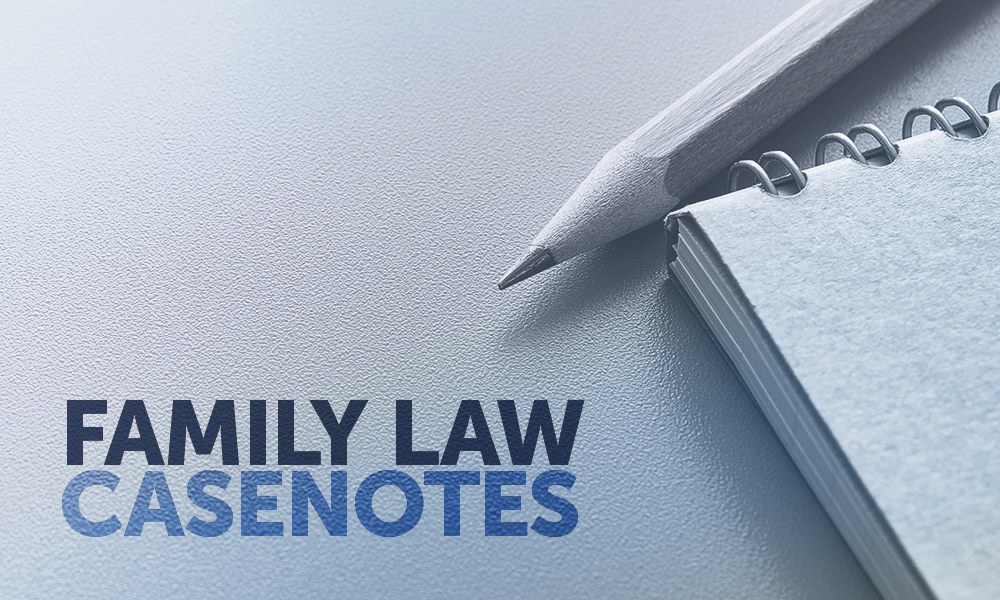In Valder & Saklani [2021] FamCAFC 142 (6 August 2021), the Full Court (Ryan, Aldridge & Watts JJ) allowed an appeal from a decision of Rees J dismissing an application by a creditor to set aside consent orders.
The history included proceedings before the High Court, and the husband owing the creditor $594,028.25, plus costs of over $250,000.
The husband and wife entered into consent orders, pursuant to which the husband transferred his interest in a real property to the wife. The husband then declared himself bankrupt. The creditor obtained leave from the Federal Court of Australia (pursuant to s58(3)(b) of the Bankruptcy Act) to issue a s79A application in the Family Court.
The Full Court said (from [19]):
“A discharge from bankruptcy operates to release the bankrupt ‘from all debts … provable in the bankruptcy’ as per s153(1) of the Bankruptcy Act.
[20] … [T]he Bankruptcy Act continues to refer to the person who … has a right to prove as a creditor. The Bankruptcy Act goes on to provide such creditors … with various rights … which continue after any discharge of the bankrupt …
[21] … [T]he bankrupt being discharged from … bankruptcy, does not mean that … creditors cease to be ‘creditor’ for all purposes (…)
[29] … [When] the appellant commenced … proceedings … she was entitled to do so. … As well as being ‘a person affected by an order’ for the purposes of s79A(1), [she] is also a ‘party’, a ‘creditor’ and a ‘person whose interests would be affected by the making of the instrument or disposition’ for the purposes of s106B(4AA)(a), (b) and (c) of the Act. (…)
[47] … If it was found that the consent orders had been entered into with the intention of defeating creditors, we do not see why an appropriate variation … could not see the provision for the payment of those creditors … The court would be astute to make orders to overcome fraud on it (…)”
Craig Nicol and Keleigh Robinson are co-editors of The Family Law Book. Both are accredited specialists in family law (Queensland and Victoria, respectively). The Family Law Book is a one-volume loose-leaf and online family law service (thefamilylawbook.com.au).










Share this article